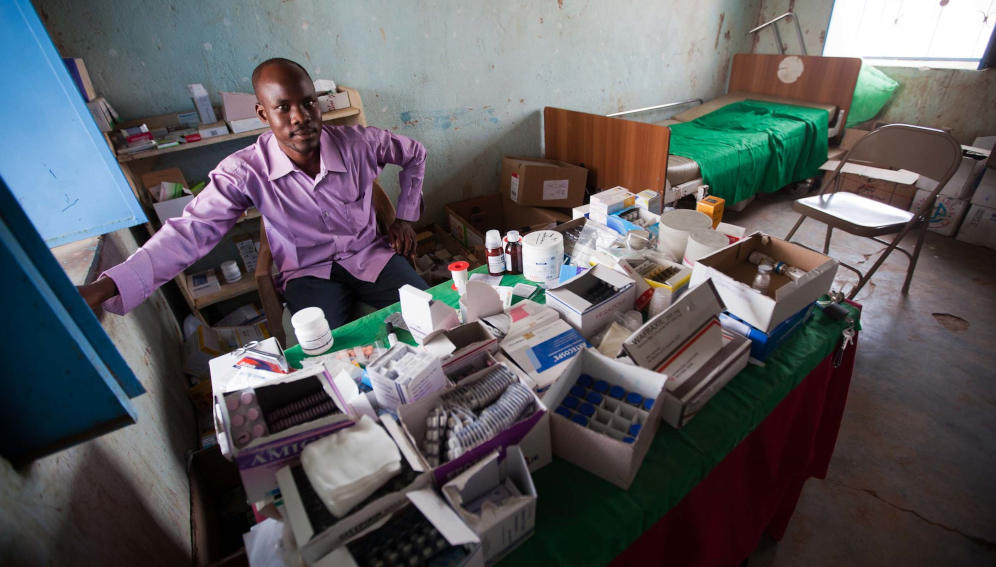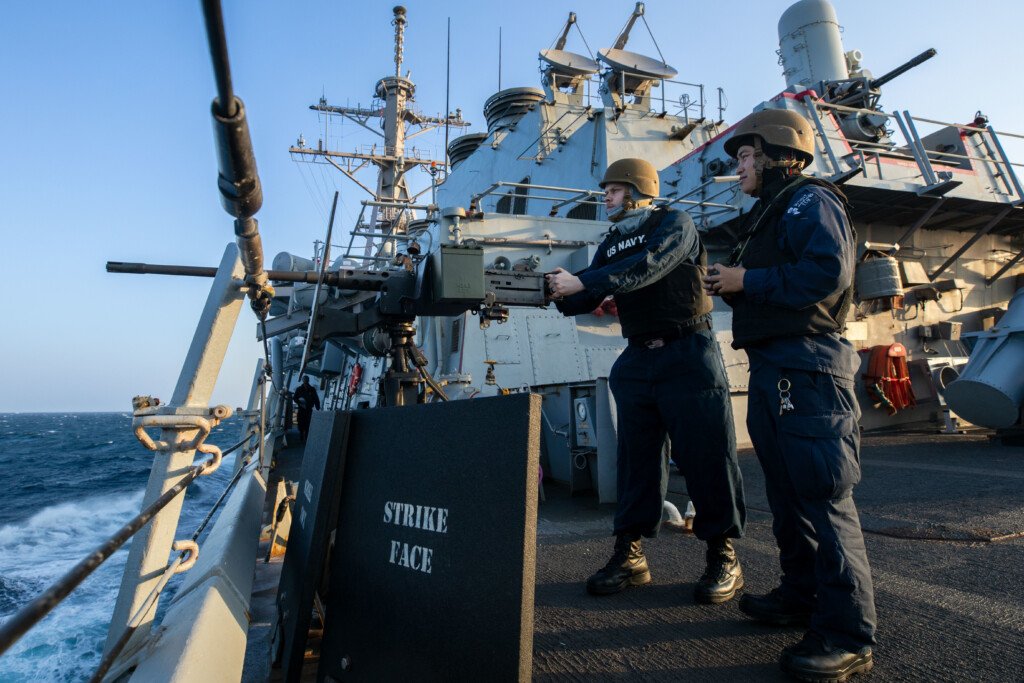Vital aid to Sudan faces 40%+ shipping cost hike amid Red Sea disruption

A pharmacist in a hospital in North Darfur (File Photo: Albert González Farran / UNAMID)
Humanitarian aid providers are being forced to find alternative routes to supply vital aid to war-torn Sudan, due to rising security concerns for shipping in the Red Sea, where the Iran-backed Houthi movement within Yemen has staged multiple attacks and seizures of civilian-operated cargo ships sailing near the Yemeni coast.
In a statement yesterday, the International Rescue Committee (IRC), says that it has been compelled to seek alternative routes for the delivery of essential pharmaceutical supplies which are critical for life saving health services. “Due to escalating security concerns and attacks on commercial vessels in the Red Sea, our carrier has made the difficult decision to suspend operations to Port Sudan through the Red Sea route,” the NGO says.
“Our logistics partner has proposed rerouting through another shipping line operating from Jebel Ali Port in the United Arab Emirates to Port Sudan, representing an increase of more than 40 per cent on the original freight cost,” IRC Country Director in Sudan, Eatizaz Yousif says.
“These revised shipping routes not only extend the delivery but also incur significantly higher costs and additional administrative complexities compared to the direct shipment of supplies to Port Sudan, the primary hub for aid agencies in the region. Shipments that took one or two weeks, maximum, now take months to reach us. The alternative routes involve longer transportation distances, leading to increased transit times consequently causing delays in delivering critical aid to those in need, making our operations both challenging and expensive,” Yousif laments.
At a time when around half of Sudan’s population is in need of assistance, and the country faces the world’s largest internal displacement crisis, it is critical that humanitarian aid be allowed to enter Sudan through all available routes so that it can reach civilians without delay, the IRC statement stresses.
The IRC says that since the outbreak of conflict in April 2023, it has adapted its programmes and intensified its response in Sudan to address the escalating humanitarian needs. “This includes prioritising needs-based emergency responses to internally displaced persons (IDPs) through multi-sectoral economic recovery and development initiatives, as well as providing essential health and nutrition services, and water, sanitation, and hygiene assistance. Additionally, the IRC continues to offer integrated protection services, with a focus on comprehensive support for women, girls, and children, along with empowerment services for survivors of gender-based violence.”

(File photo: US Navy / Mass Communication Specialist 3rd Class Alice Husted)











 and then
and then